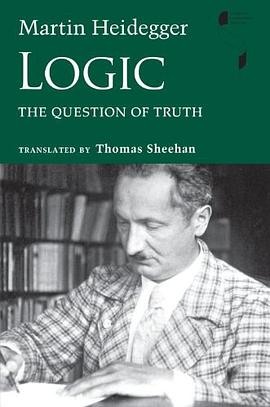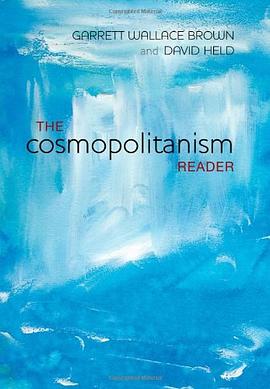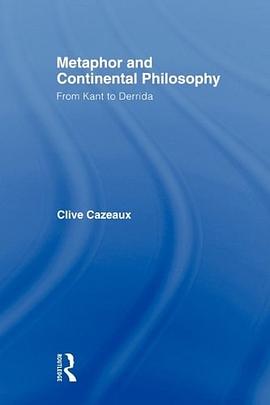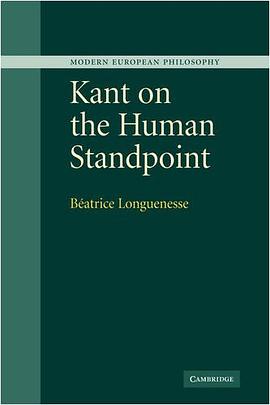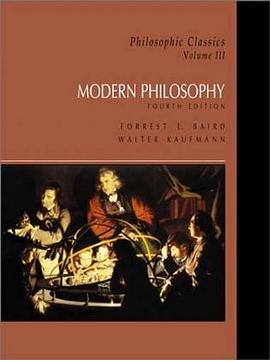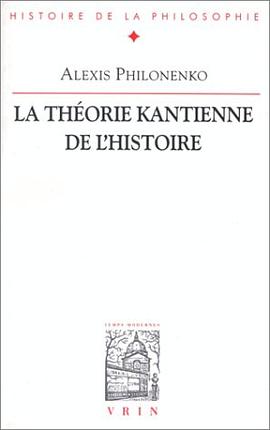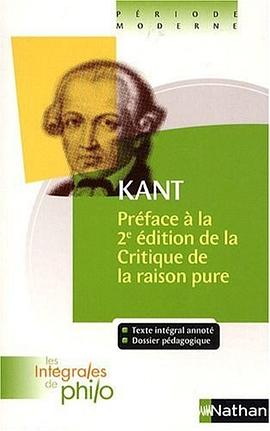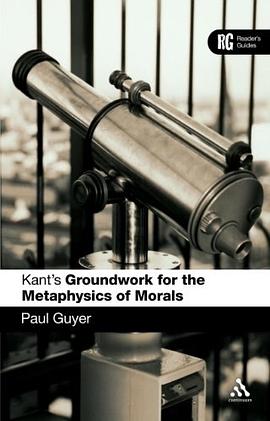

具体描述
Kant is probably the philosopher who best typifies the thought and ideals of the Enlightenment. He was influenced by the modern physics of Newton, the rationalist perfectionism of Leibniz and Wolff, the critical empiricism of Locke and Hume, and Rousseau's celebration of liberty and individualism, and his work can be seen partly as an attempt to combine and synthesize these various ideas. In moral philosophy, he developed a radical and radically new conception of the unconditional value of human autonomy, which he opposed to both theological and utilitarian conceptions of moral value. He first expounded his moral vision in the "Groundwork for the Metaphysics of Morals" (1785), the seminal work of modern moral philosophy in which he introduced his infamous 'categorical imperative'. Paul Guyer's Reader's Guide will help readers find their way in this brilliant but dense and sometimes baffling work.
作者简介
目录信息
读后感
评分
评分
评分
评分
用户评价
相关图书
本站所有内容均为互联网搜索引擎提供的公开搜索信息,本站不存储任何数据与内容,任何内容与数据均与本站无关,如有需要请联系相关搜索引擎包括但不限于百度,google,bing,sogou 等
© 2025 book.wenda123.org All Rights Reserved. 图书目录大全 版权所有


